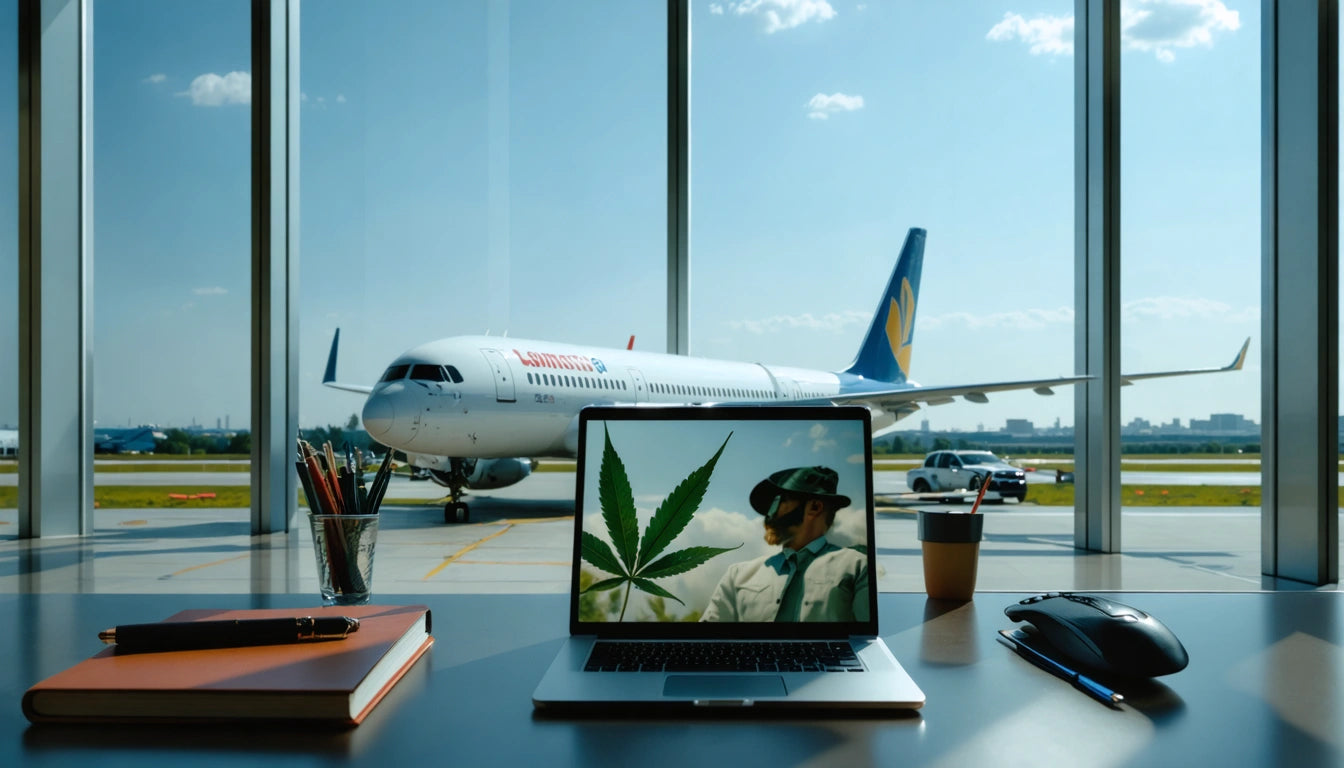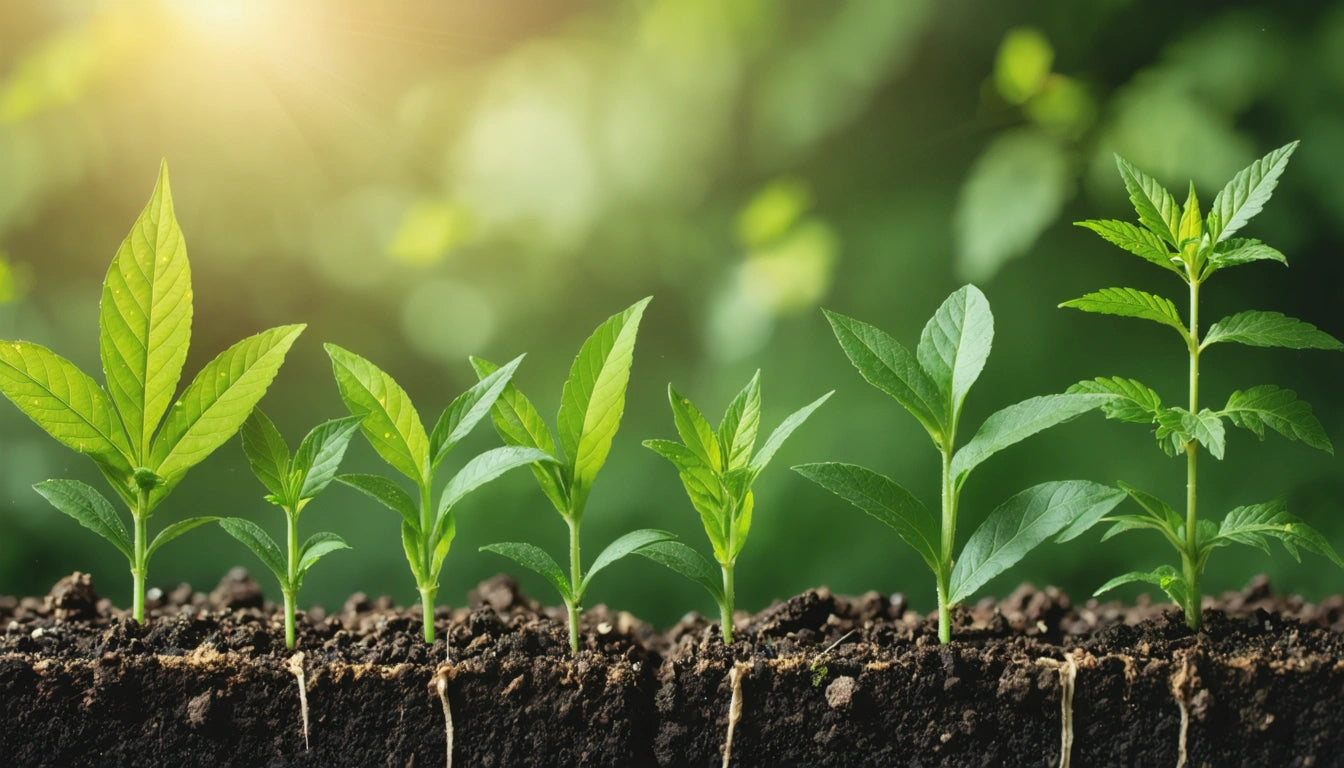Table of Contents
Is It Legal to Be High in Public and During Travel?
Cannabis legalization has expanded across many states, creating confusion about where and when consumption is permitted. While purchasing and using cannabis may be legal in certain jurisdictions, being high in public spaces and during travel involves complex legal considerations that many users overlook.
Legal Status of Being High in Public Spaces
The legality of being high in public varies significantly by location. Even in states with recreational cannabis laws, public intoxication remains regulated. Most states with legal cannabis still prohibit public consumption and visible impairment in shared spaces.
In legal states, the following general rules typically apply:
- Private property consumption is usually permitted (with owner consent)
- Public consumption remains prohibited in most jurisdictions
- Public intoxication can be grounds for legal intervention
- Open container laws often apply to cannabis products
According to this comprehensive guide on being high, the effects of cannabis can last several hours, making it important to plan consumption around your schedule and responsibilities.
Airport Travel Considerations When Using Cannabis
The question "can you be high at the airport" has a straightforward answer: it's not recommended. Airports operate under both federal and local jurisdiction, creating a complex legal environment. TSA agents are primarily concerned with security threats, but they are required to report suspected illegal activity to local law enforcement.
Key considerations for airport cannabis use include:
- Airports are generally considered public spaces where intoxication laws apply
- Security personnel are trained to identify signs of impairment
- Even in legal states, airport authorities may enforce stricter regulations
- International terminals operate under federal jurisdiction where cannabis remains illegal
If traveling with cannabis products, proper storage is essential. Child-resistant container options can help keep products secure and compliant with transportation regulations, though carrying cannabis across state lines remains federally prohibited.
Flying High: Risks and Legal Implications
The question "can you be high on a plane" involves both legal and safety considerations. Commercial aircraft operate under federal jurisdiction, where cannabis remains a Schedule I controlled substance. Additionally, being intoxicated on an aircraft can violate aviation safety regulations.
Potential consequences include:
- Denied boarding if visibly impaired
- Federal charges if causing disruptions
- Being detained upon landing
- Placement on airline restriction lists
As this comparison between being high versus drunk explains, cannabis impairment differs from alcohol intoxication but can still affect judgment, coordination, and behavior in ways that may concern flight crews.
How Law Enforcement Recognizes Cannabis Intoxication
Understanding how authorities identify cannabis impairment helps explain the risks of being high in public. Unlike alcohol, cannabis lacks a standardized breathalyzer test, though such technology is in development.
Law enforcement typically relies on:
- Observable physical signs (red eyes, coordination issues)
- Behavioral indicators (slow reactions, disorientation)
- Field sobriety tests
- In some cases, blood or saliva tests
These assessment methods introduce subjectivity, potentially leading to misidentification of impairment. This is particularly concerning when considering the question "can you get arrested for being high" in states with legal cannabis.
Legal Consequences of Public Cannabis Intoxication
Being high in public can lead to various legal consequences depending on location, behavior, and circumstances:
- Public intoxication charges (misdemeanor in most jurisdictions)
- Fines ranging from $100 to $1,000
- Possible jail time in severe or repeat cases
- Additional charges if operating vehicles or causing disturbances
The legal risks increase significantly when cannabis use intersects with driving. This article on driving under cannabis influence details the specific legal thresholds and consequences, which are generally more severe than simple public intoxication.
Responsible Cannabis Use While Traveling
For cannabis consumers who travel, understanding risk management is essential. While complete abstinence during travel eliminates legal concerns, those who choose to use cannabis should consider these practices:
- Research local laws at both departure and destination locations
- Consume in private, legal spaces only
- Allow sufficient time for effects to diminish before entering public spaces
- Avoid carrying products across state or national boundaries
- Consider lower-THC options that produce less noticeable effects
Understanding the risks of excessive consumption is particularly important when traveling, as unfamiliar environments can amplify anxiety or discomfort.
While cannabis legalization continues to evolve, the safest approach remains using cannabis in private settings and avoiding public intoxication, particularly during travel. The legal complexities and potential consequences make discretion and moderation the wisest course for cannabis consumers on the move.











Leave a comment
All comments are moderated before being published.
This site is protected by hCaptcha and the hCaptcha Privacy Policy and Terms of Service apply.